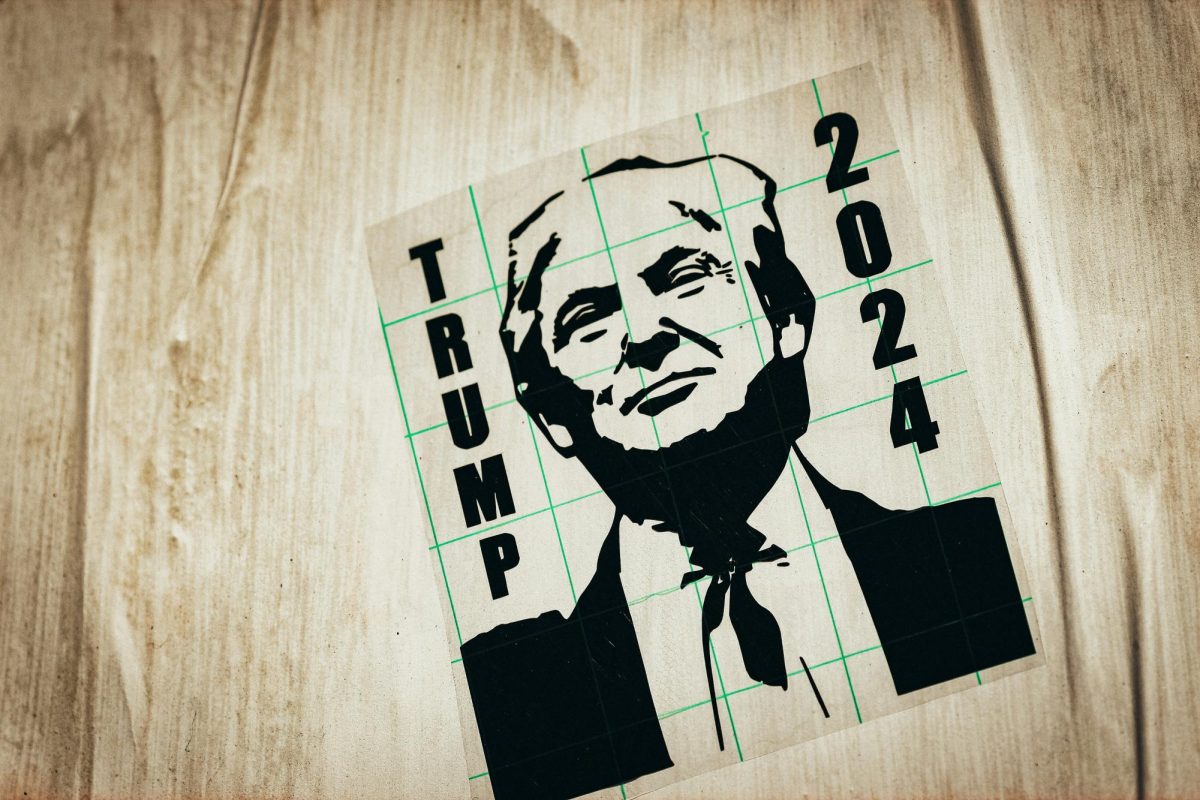I remember when social media felt real. People shared personal updates, discussed ideas, and posted about their interests without every interaction feeling like a sales pitch. Now? Every time I open my phone, I feel like I’m drowning in a sea of deception.
You may have seen the trend that has been going around about “My rules as a 17-year-old that will make other 17-year-olds go into a coma” You hear the stories that people have and you just think “Oh wow I am so glad my parents aren’t like that” but do we know if those people are actually being truthful?
Clickbait is everywhere. It’s in the exaggerated headlines, the misleading thumbnails, the out-of-context clips that turn an ordinary moment into a so-called “scandal.” Every post screams for my attention with phrases like “You won’t believe this!” or “This changes EVERYTHING!” only for me to click and realize that nothing has changed at all.
At first, I thought I was too smart to fall for it. But the truth is, clickbait doesn’t rely on intelligence it relies on instinct. It taps into emotions like curiosity, fear, and outrage. And in an endless scroll of content, our brains don’t always have time to pause and analyze. Even when I know a headline is probably misleading, there’s still that little voice in my head saying, But what if it’s true? So I click. And that’s exactly what the algorithm wants.
And that’s the real problem clickbait isn’t just annoying. It’s dangerous. It spreads misinformation, fuels conspiracy theories, and makes people doubt what’s real. When everything online is exaggerated or taken out of context, it becomes harder to separate fact from fiction. People start believing in false narratives, not because they’re foolish, but because social media has trained them to.
It’s not just news, either. Even personal content is becoming clickbait. Influencers and everyday users alike are pressured to make everything more dramatic for engagement. A simple story about a bad customer service experience turns into “I WAS SCAMMED NEVER SHOP HERE!” A minor disagreement with a friend becomes “BETRAYED BY SOMEONE I TRUSTED.” The line between real life and performance is blurred, and social media rewards those who make things seem bigger, louder, and more shocking.
So who’s to blame? The creators who use these tactics? The platforms that promote them? Or us the users who keep clicking? The truth is, we’re all part of the cycle. Clickbait exists because it works. As long as we keep rewarding it with our attention, it will only get worse.
I don’t know if there’s a way to fix it completely, but I do know this: we need to start thinking before we click. We need to stop letting our emotions be manipulated by algorithms. Because if we don’t, social media will keep sliding further into a world where truth matters less than whatever gets the most views. Is this the future we want to be a part of?








